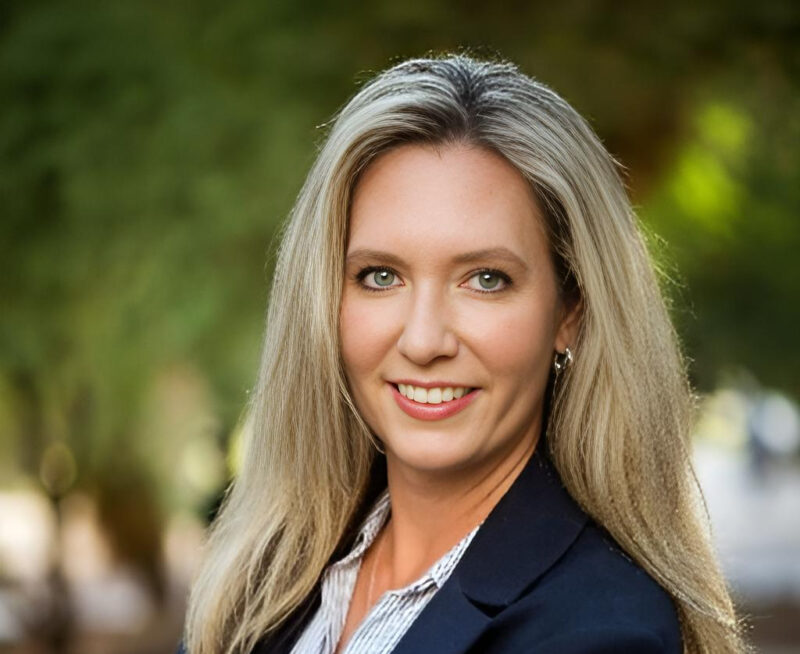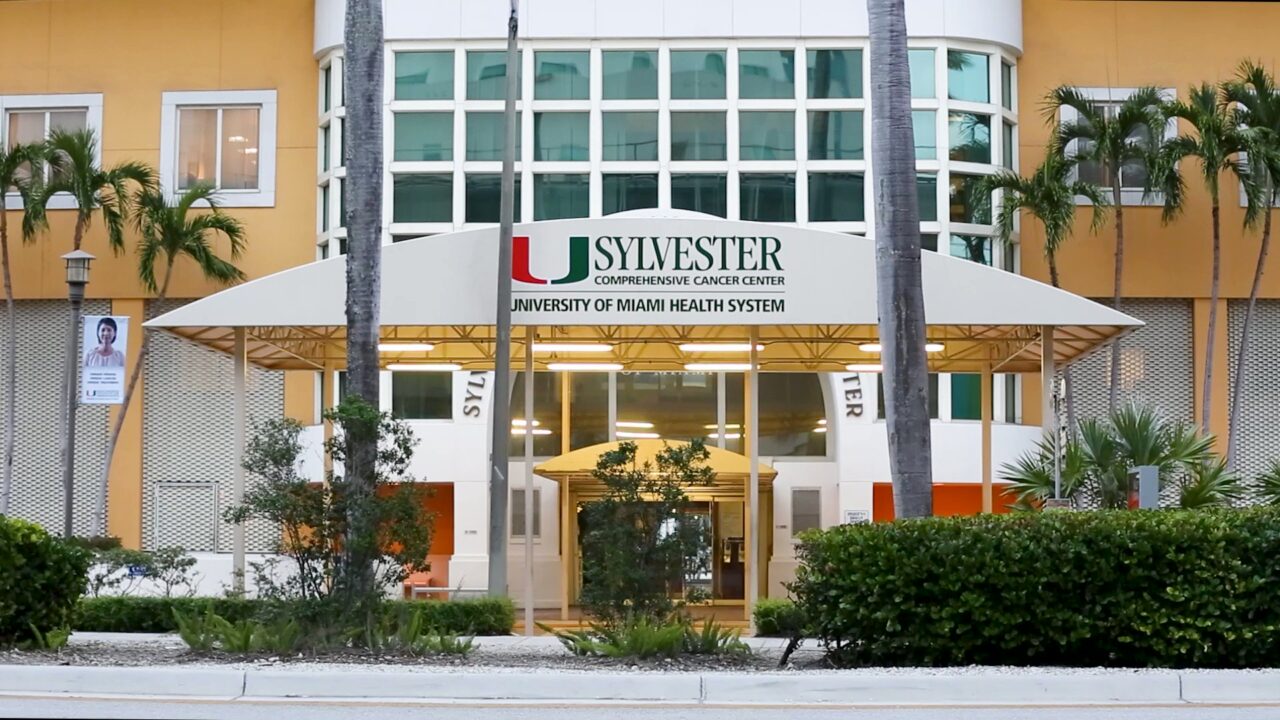26-Year-Old Ph.D. Candidate Diagnosed With Rare Form of Breast Cancer – Two Separate Tumors in Different Breast Quadrants
Her Research Now Focuses on Addressing Breast Cancer Disparities in Adolescents, Young Adults and Marginalized, Minority Communities
LaShae Rolle, a then-26-year-old native of the Bahamas, was working toward a Ph.D. in Community Health at the University of Miami Miller School of Medicine when she discovered a lump in her breast. Given her youthfulness and the fact that there was no family history of breast cancer nor any other risk factors, she wasn’t particularly concerned. But to be safe, she went to the student center for a referral to the Sylvester Comprehensive Cancer Center, part of UHealth – the University of Miami Health System.
To her surprise, the mammogram and a follow-up ultrasound led to a diagnosis of multicentric breast cancer, a rare type of breast cancer that occurs when two or more tumors form separately in different quadrants of the breast, separated by normal breast tissue.
“I have a background in epidemiology. Less than 1% of females under age 30 are ever diagnosed with breast cancer. But that is around 84,000 in the U.S. annually,” – says Rolle, whose area of study is cancer disparities in marginalized, minority communities.

After being diagnosed, she learned that adolescents and young adults (AYAs) are an underserved group. From now on, says Rolle, AYAs will be included in all her research and community efforts.
For AYA, a diagnosis of breast cancer raises unique concerns where life-altering decisions must be made fast. For example:
- The fertility rate among young breast cancer survivors – some as young as 15 – is lower than in the general population.
- “In a split second, I had to decide if I wanted kids,” – Rolle says. She chose to have her eggs harvested.
- AYAs are likely to receive more intense breast cancer treatments because their cancer may be more advanced and aggressive.
- Also, AYAs may also have a higher likelihood of reoccurrence simply because they have a greater life expectancy.
- Clinical trial participation – Rolle is participating in two clinical trials – one looking at the link between cancer and Caribbean and African ancestry. In this study, blood and tissue samples are tested to see if there is some genetic mutation unique to Caribbean or African ancestry. The second clinical trial is studying cancer and how to improve the mental health of cancer survivors.
Because breast cancer screening for AYAs will not begin anytime soon, Rolle offers this advice to adolescents and young adults: “Get to know your body. My pediatrician taught me at age 10 to do a self-breast exam. I got to know my breasts. It wasn’t difficult.”
She also encourages AYAs and other breast cancer survivors to start or resume an exercise routine. She played college basketball, but now is a powerlifter (she competed this month in the USA Powerlifting Raw Nationals).
“Exercise can improve side effects of chemo and radiation. It can improve your mental health, too,” – says Rolle.
She notes that currently, there are no guidelines for AYAs with cancer on how hard they should work out, and there is an overall lack of advice for the AYA breast cancer community. “I want to be that person,” she says.
“LaShae has always been driven to study and understand how to make cancer care equitable. Having been through the experience she has a different perspective and will be able to better design trials and studies,” – says Rolle’s primary mentor, Tracy Crane, co-leader of the cancer research program and director of Lifestyle Medicine, Prevention and Digital Health at Sylvester and associate professor of medical oncology and public health at the Miller School of Medicine.

Long before she was diagnosed with breast cancer, Rolle wanted to be an advocate for cancer research. “Even though this is terrible now, I understand what people are going through, and I want to go out and motivate them to help other survivors,” – she said.
Learn more about LaShae Rolle’s journey in the video below:
Other posts featuring Sylvester Comprehensive Cancer Center.


